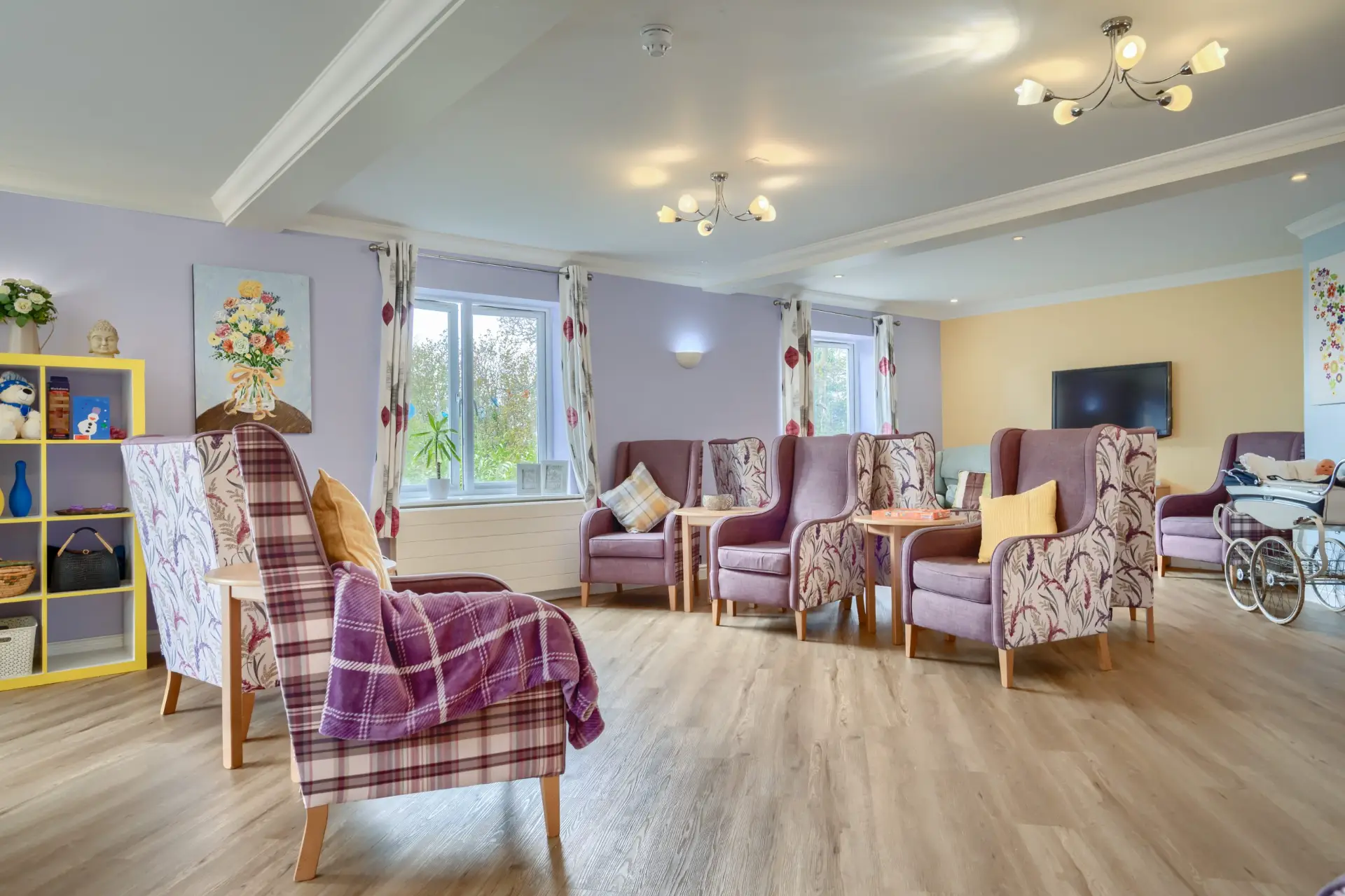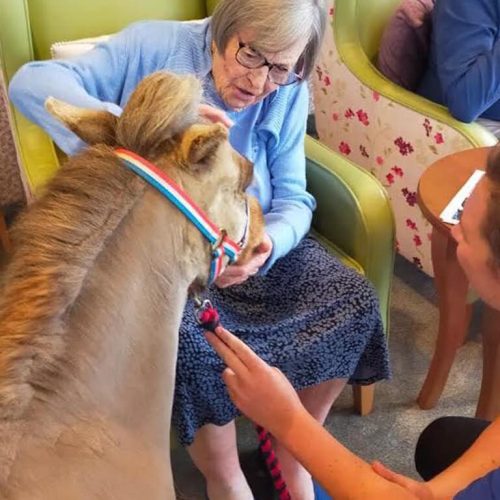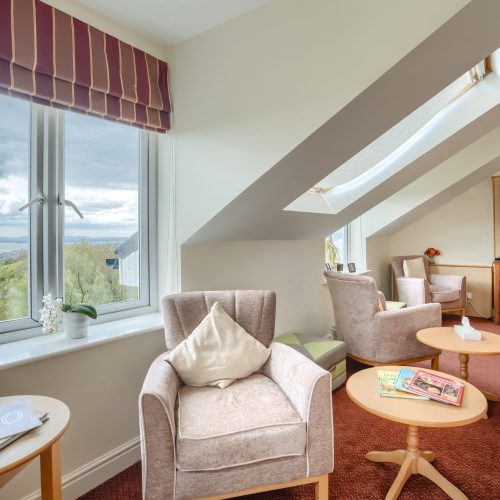The Difference Between A Nursing Home And Care Home

When searching for a full-time care home for a loved one, one of the first questions that is commonly asked is “What is the difference between a nursing home and a care home?” This is a question that we often get asked when people visit our care homes as they try to figure out which care home will provide the right level of care for their loved one.
The answer is simple and centres around the level of care and type of care provided by the home. However, in order to answer this question, we need to clarify one thing. The term care home is an umbrella term that encompasses the various types of homes providing care. Therefore, the question that is actually being asked is “What is the difference between a residential care home and a nursing home?”
With over 20 years in the care industry, LuxuryCare has got to grips with the differentiation between these terms.
In this blog, we explain how these types of homes differ and discuss how to know which one would be the most suitable for your loved one.
What Is A Residential Home?
A residential care home will provide 24-hour care and support for your loved one. Usually, this care will centre around personal care and assistance with the day-to-day tasks that your loved one might struggle with. While the care staff working in residential homes can help with medication management, they can’t provide full medical care as they aren’t registered nurses.
Residents of a residential home will be there because they are unable to live independently due to mobility issues or because they can’t look after themselves. However, they don’t need complex or regular medical care.
Residential homes will encourage their residents to participate in the varied activities programme that will be adapted to their abilities yet will stimulate them. It will emphasise social engagement to reduce feelings of isolation and loneliness.
Facilities at a residential home will include a private room, which can be personalised more often than not, and spacious communal areas such as lounges, dining areas and gardens.
Finally, residents will receive three home-cooked meals a day, made by an in-house chef, with menus discussed and decided by the residents.


What Is A Nursing Home?
So, what is the difference between a nursing home and a residential home? A nursing home is pretty much the same thing. However, these facilities will have registered nurses available 24 hours a day. This allows them to cater to more complex medical needs, such as frequent administration of intravenous medication or wound care.
Nursing homes will offer the same facilities, providing personal space that can be personalised with images, photos and sometimes extra furniture, access to communal areas and three meals a day.
They will also have an activities programme that will include day trips out, events, parties and games for participants to enjoy.
As these facilities provide a higher level of care, their costs are slightly higher than those for a residential home.
How To Know Which Type of Home Your Loved One Needs
There is a simple question that you can ask yourself to determine which type of home you should be considering for your loved one: What are their medical needs?
If the answer is that they don’t require much medical attention and simply need help with day-to-day activities, then you can look at residential homes.
Whereas, if you answer that they require a lot of medical attention and are frequently being administered medication, then you should be looking at nursing homes for them so that they will continue to receive the right medical care.

Consider a LuxuryCare Home
All of our homes are residential homes, providing personal care and assistance with everyday tasks for your loved one.
Additionally, Branksome Park is a nursing home and can provide medical care for complex needs. Branksome Park is a specialist neurological centre and can provide high-quality care for those with spinal injuries, brain injuries or degenerative diseases such as Motor Neurone Disease and Muscular Dystrophy.
Each of our care homes offers bespoke care plans that are centred around your loved one’s life experiences and preferences. Prior to moving in with us, we will complete a needs assessment where we will chat with your loved one to get to know them, their life story, experiences, likes and dislikes and care preferences. We will also chat with you and other relatives, caregivers and friends to get a complete picture and ensure you are involved with the process. Family involvement is key to a successful transition from home to a residential care home, so we encourage as much participation from you as possible.
The main goal of each of our homes is to facilitate independence for your loved one, so we will encourage your loved one to live the life they want, how they want to. This is done by giving them choices; they can choose which activities they participate in, what else they get up to during the day, and what meals are on the menu.
Each resident is treated like a family member by our staff and we love welcoming new personalities.
Get a feel for our homes by booking a visit. You will be able to speak to our staff and current residents and check out the rooms and facilities that your loved one will be able to enjoy.
Call us on 01202 037373 or complete our online enquiry form to book a viewing today.














